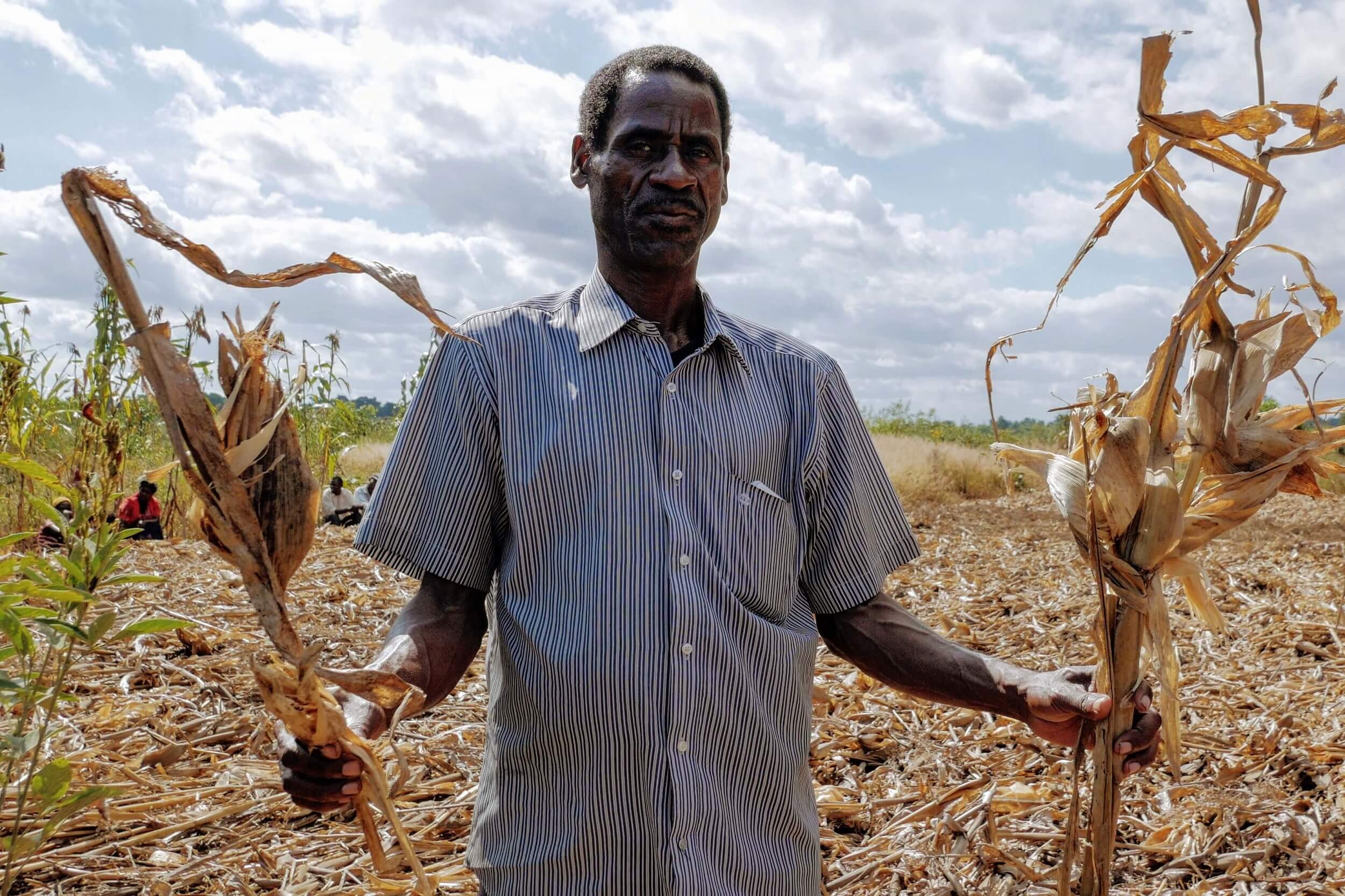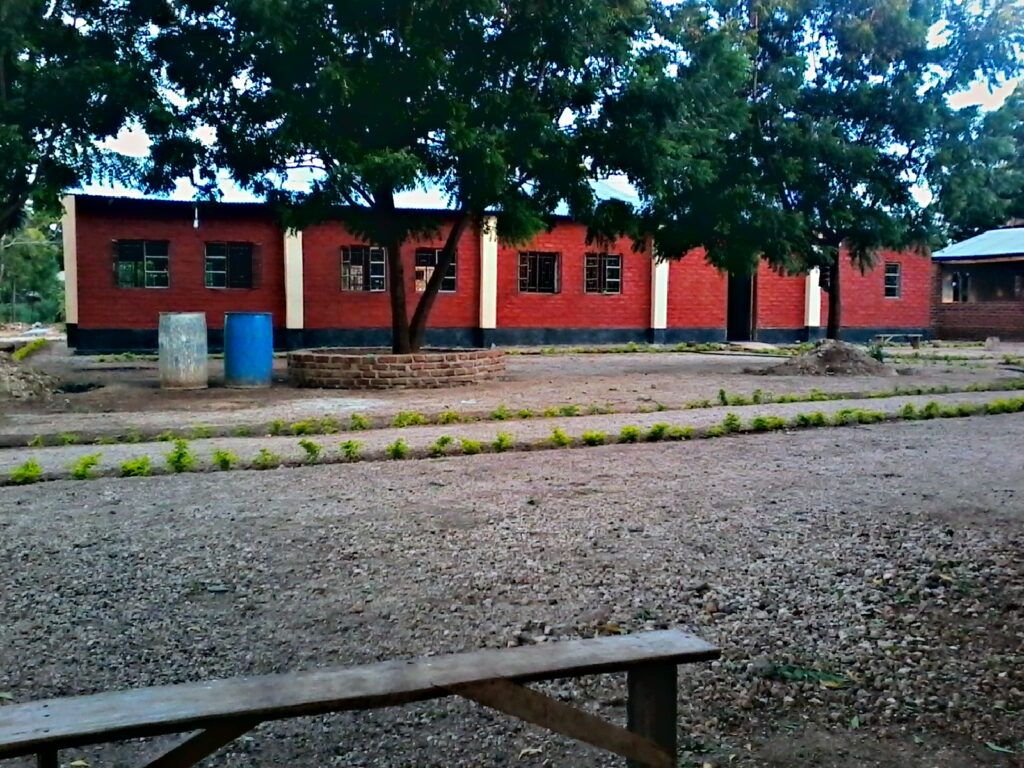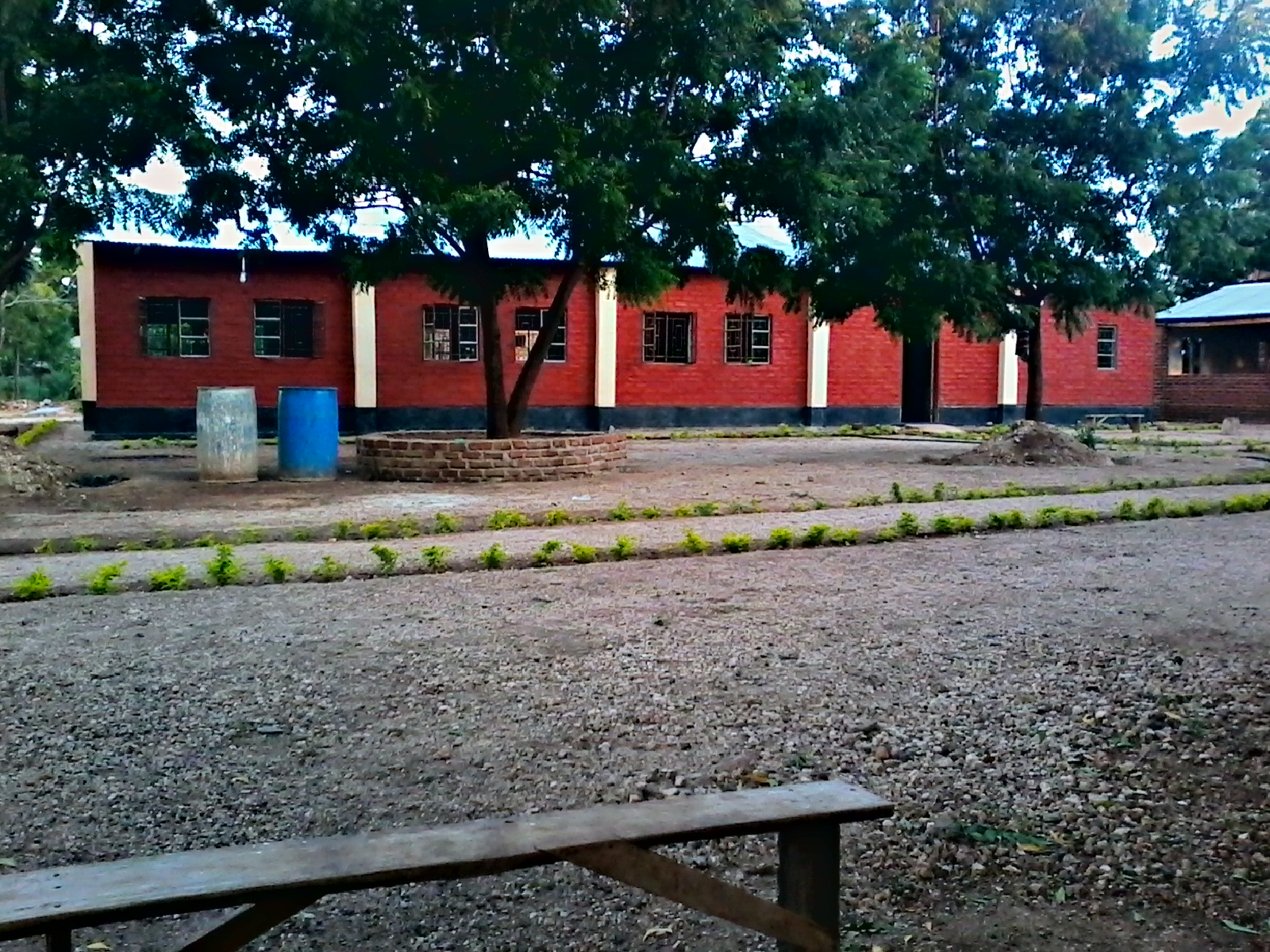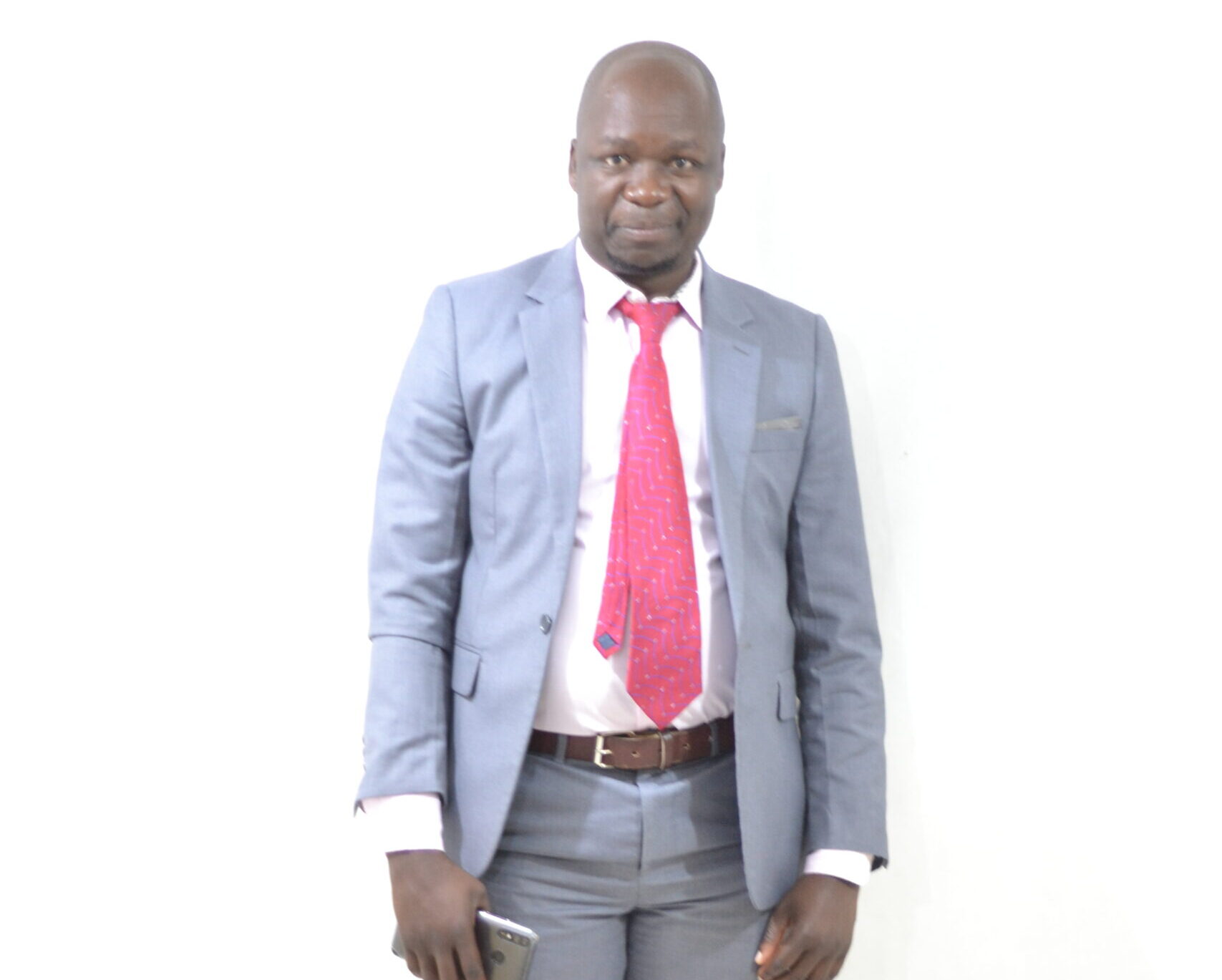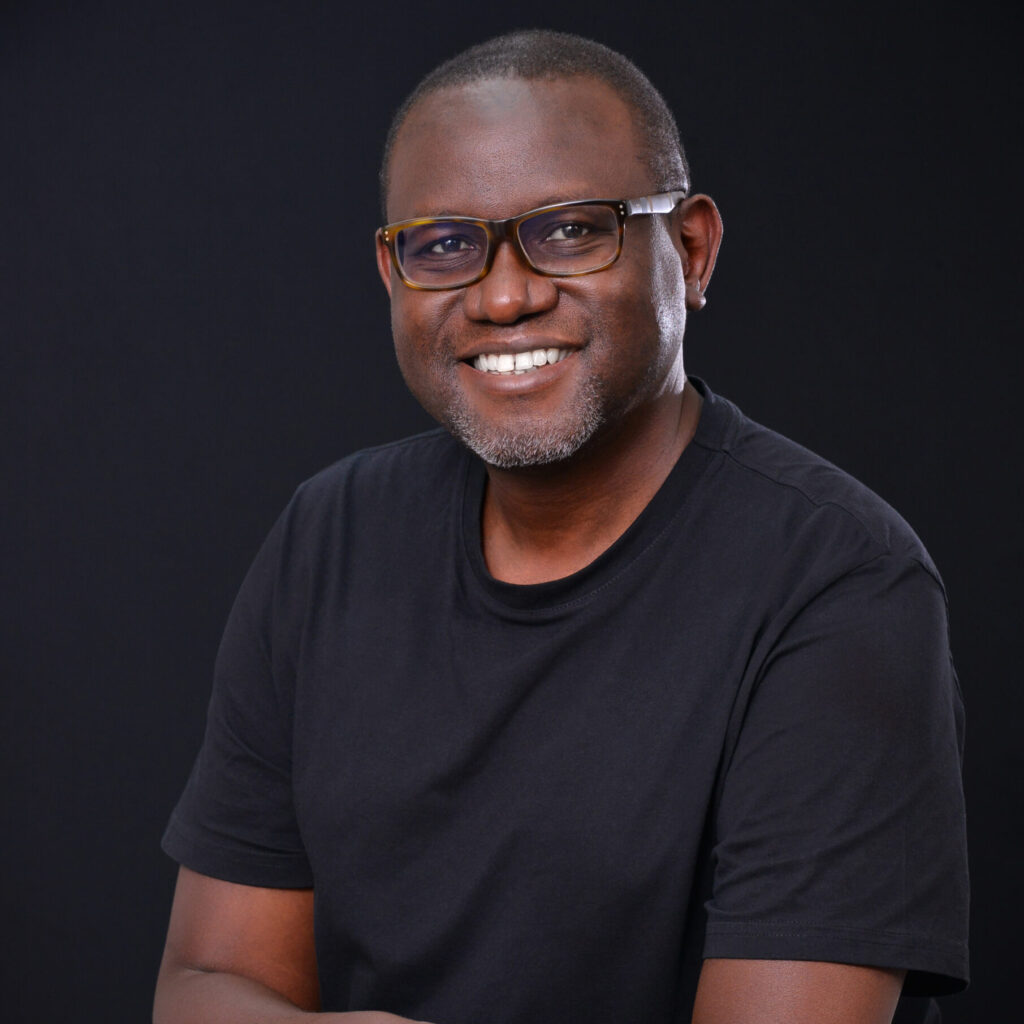
Rev Dr Paul Blackham is an Anglican vicar, formerly of St Crispin’s in Islington and All Souls’ Langham Place. He is an author of ‘Book by Book’ study guides published by Biblical Frameworks which are included in APF’s library app, eVitabu. Paul writes, explaining why he feels the partnership with APF through eVitabu is so significant.
The Bible is the most important book in the world. It takes us through the whole history of the universe from beginning to end, but it also speaks clearly about our lives: Why are we here? How should we live? And most important of all, God’s written word points us to His Living Word.
At Biblical Frameworks we aim to give as many people as possible an opportunity to meet Jesus in all the Scriptures. That’s why we developed the Book by Book series of Bible study resources. We are thrilled to be able to share the Book by Book study guides with pastors and churches via the eVitabu platform. What a joy to know that these resources are now reaching so many and helping pastors and churches to get more out of Bible study.
Book by Book is designed for use by individuals, small groups or even whole church congregations. The idea is that we take a whole book of the Bible and unpack the key themes and main messages. We address the author’s purpose, context, and most importantly what the LORD is wanting to say to us through His word.
The study guides, which are all available via the eVitabu app, are set out in six or ten sections with a clear commentary and questions for discussion. A complementary series of videos is available free on YouTube at the Biblical Frameworks’ channel which you can find at www.youtube.com/@biblicalframeworks. There is a 15 minute video available for each section of the corresponding study guide.

Book by Book makes studying whole books of the Bible accessible to reveal Jesus throughout and enrich our understanding of Who He is. Many pastors find the material really helpful in preparing for preaching and teaching as well using the studies directly with groups of people in their care.
We at Biblical Frameworks feel privileged to share in the work of the African Pastors’ Fellowship by supporting the unique mobile app eVitabu. Our prayer is that many people across Africa will meet Jesus in all the Scriptures through the app and especially through the Book by Book resources available on eVitabu.



